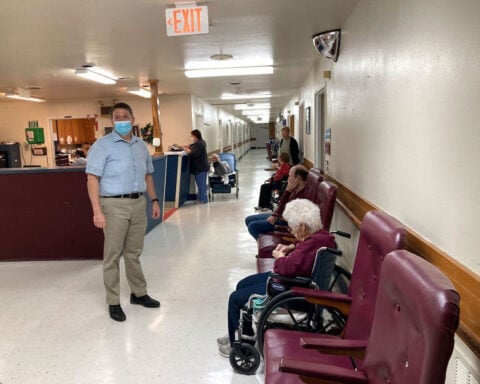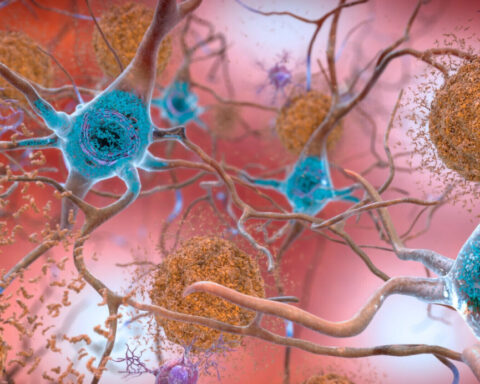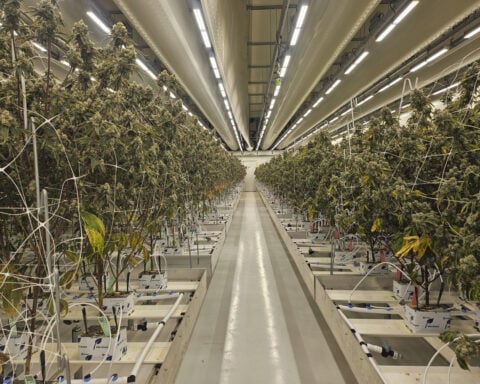
Of the 34 million Americans who suffer from food insecurity, 9 million are children.
Millions of Americans struggle to afford healthy meals and nutritious food. Known as “food insecurity,” this problem was already rising when Supplemental Nutrition Assistance Program, or SNAP, benefits – previously called food stamps – were cut in 35 states this spring. SciLine interviewed Hilary Seligman, professor of medicine at the University of California, San Francisco, on rising grocery prices, the misconceptions about hunger in the U.S., and how food insecurity diminishes school and work performance.
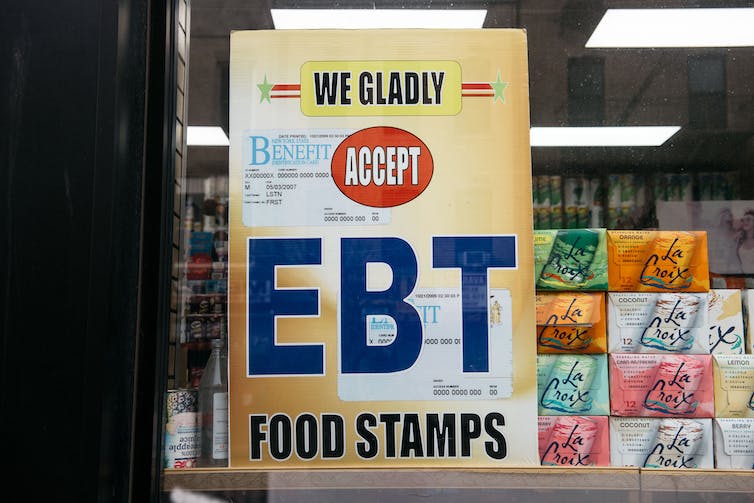
Hilary Seligman discussed food insecurity in the U.S.
Below are some highlights from the discussion. Answers have been edited.
What is food insecurity?
Hilary Seligman: Food insecurity is defined by the U.S. Department of Agriculture as the limited or uncertain access to enough food for a healthy life.
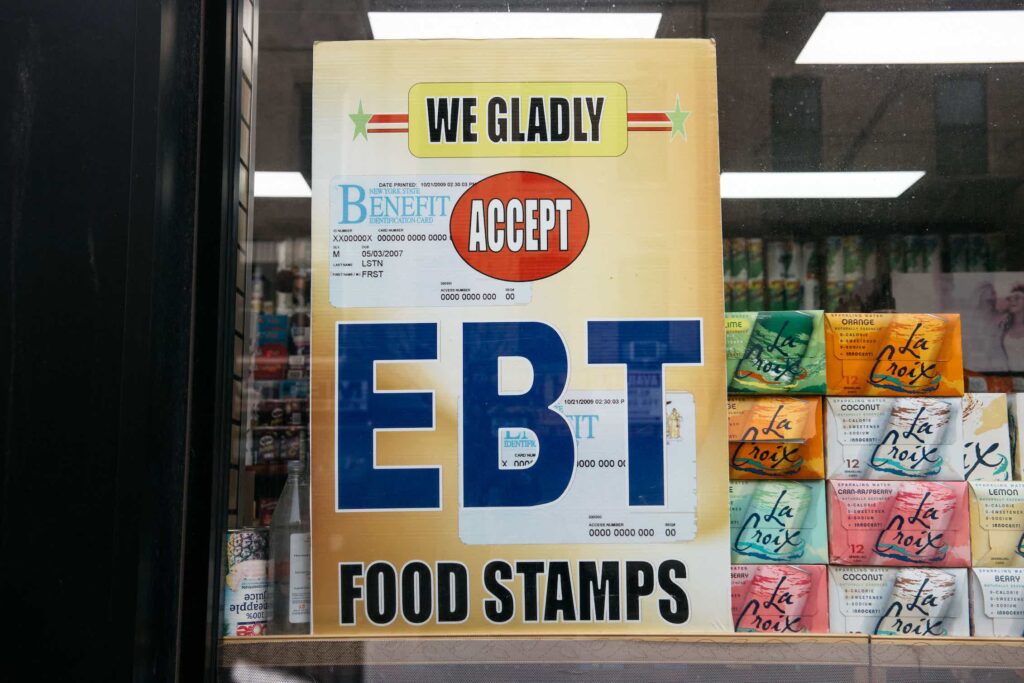
What are the trends in food insecurity rates?
Hilary Seligman: The most recent data suggests that about 1 in 10 households in the U.S. are food insecure. And this rate is even higher among certain groups, like Black and brown households and households with children.
What factors cause food insecurity?
Hilary Seligman: Food insecurity is an inability to access enough resources for your basic needs. So it’s not having sufficient money in the household to meet a food budget. And that may be because of disability, because of unemployment, because of inadequate educational opportunities, or all of these root causes.
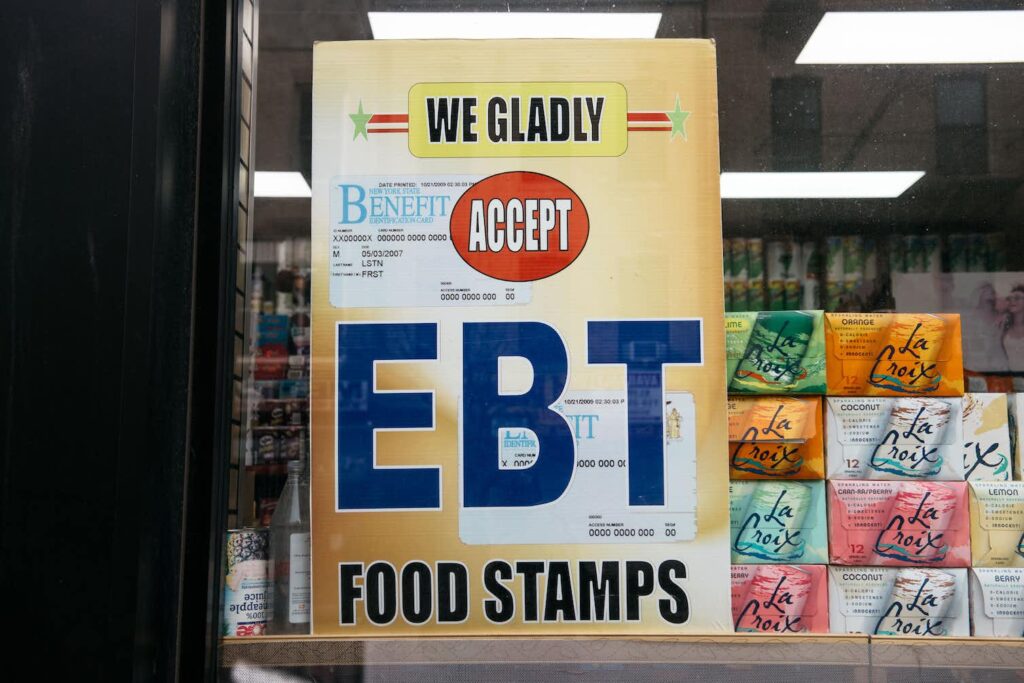
How does inflation affect food insecurity rates?
Hilary Seligman: It’s clear that when food prices rise, households have to stretch a food budget even more. People have to make difficult choices about the kind of food they eat, and the amount of food they eat.
In many cases, when household budgets are stretched thin, people have to shift their purchases toward foods that are cheaper. And in the U.S., cheaper foods are almost always less healthy for you, more caloric and more deficient in vitamins and nutrients.
How does food insecurity affect people’s health?
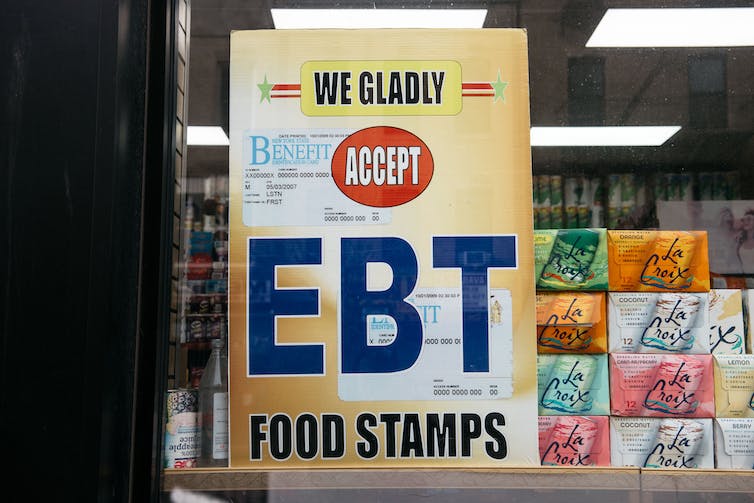
Hilary Seligman: Over the last couple of decades, we’ve seen that food insecurity can have a profound impact on physical health and mental health, whether children, adults or older adults.
These cheaper foods tend to be really highly processed, nutritionally poor, shelf-stable foods. And we know these foods are bad for people’s health in the long term. They predispose people toward weight gain, diabetes, cardiovascular disease and even cancer.
We also know that when you live in a food-insecure household, it makes it difficult to afford other things that are good for your health. For example, it would make it more difficult to afford your copayment to see your primary care doctor, or your medications.

About 12% of the U.S. population relies on the SNAP program.
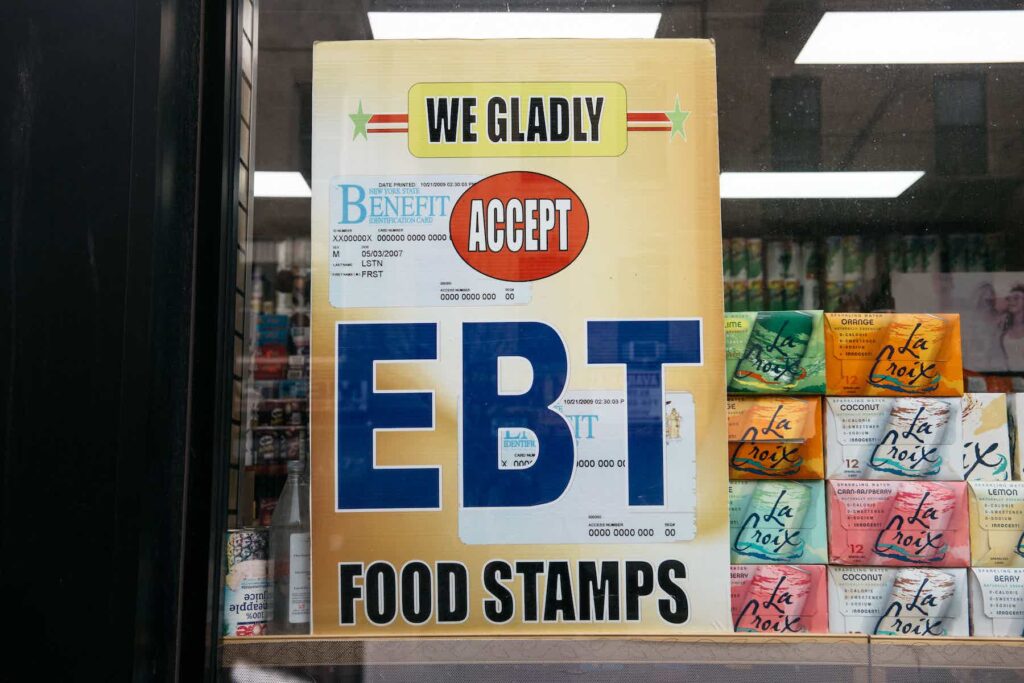
How does food insecurity affect success at work or school?
Hilary Seligman: We know that food insecurity is associated with poor academic performance among children.
Parents are probably really familiar with the way that their children behave when they’re hungry. And those same things happen in school environments when kids show up to school having not had the opportunity to eat a healthy breakfast.
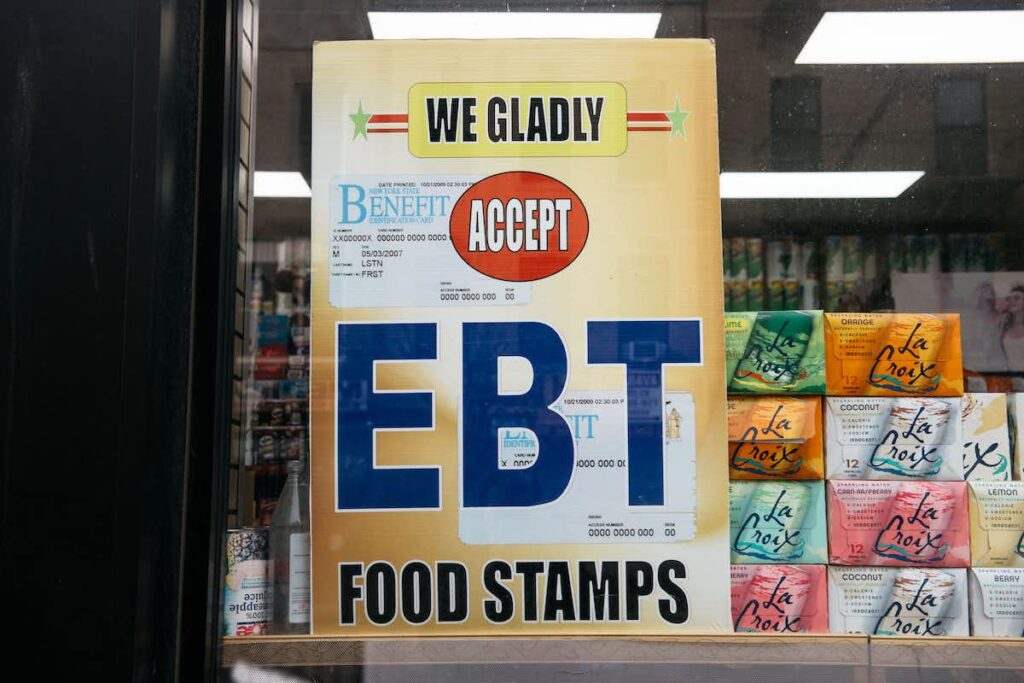
The evidence is clear that food insecurity is associated with behavioral problems in school, absenteeism from school and poor academic performance. And this can have lifelong consequences for children.
A similar thing plays out with adults. Adults who are living in food-insecure households are less likely to be able to hold down a sufficient number of work hours to meet their household budget needs. They’re less likely to be able to devote a lot of hours to finding employment, because finding food takes a lot of time and a lot of energy.
Are there any common misconceptions about hunger?
Hilary Seligman: One of the misconceptions is that people who are experiencing food insecurity don’t want access to a healthier diet.
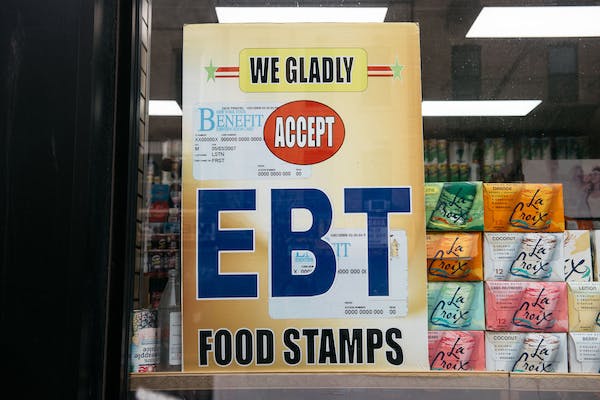
In many, many cases, if not most cases, the evidence is clear that people at all income levels often want access to a healthier diet. But in a household experiencing food insecurity, a healthier diet is simply out of reach financially.
Many people living in food-insecure households will tell you they perceive fruits and vegetables to be luxury items. They only splurge on fruits and vegetables when they have extra money in their budget. And so one of the things that we have to guard against is an assumption that people with lower incomes don’t want to eat a healthy diet.
What else works to reduce or eliminate food insecurity?
Hilary Seligman: The best solution for food insecurity is SNAP, which used to be called the food stamps program.
It is very, very clear that SNAP is enormously effective at supporting food security in U.S. households. And anything that reduces access to SNAP or makes it more difficult to enroll in SNAP is going to have the effect of increasing food insecurity rates in the United States.
An example of this would be the work requirements that will push people out of the SNAP program and likely increase food insecurity rates.
Things like earned income tax credits protect families against food insecurity. Emergency stimulus checks like we saw during the COVID pandemic also protect families.
Watch the full interview to hear more.
SciLine is a free service based at the nonprofit American Association for the Advancement of Science that helps journalists include scientific evidence and experts in their news stories.
Hilary Seligman receives funding from NIH, CDC, USDA, Feeding America, and Robert Wood Johnson Foundation Healthy Eating Research. She is the founder of Vouchers for Veggies, which receives funding from the Hellman Foundation, San Francisco Public Health Foundation, Share our Strength, and numerous others.

 Trump has begun another trade war. Here's a timeline of how we got here
Trump has begun another trade war. Here's a timeline of how we got here
 Canada's leader laments lost friendship with US in town that sheltered stranded Americans after 9/11
Canada's leader laments lost friendship with US in town that sheltered stranded Americans after 9/11
 Chinese EV giant BYD's fourth-quarter profit leaps 73%
Chinese EV giant BYD's fourth-quarter profit leaps 73%
 You're an American in another land? Prepare to talk about the why and how of Trump 2.0
You're an American in another land? Prepare to talk about the why and how of Trump 2.0
 Chalk talk: Star power, top teams and No. 5 seeds headline the women's March Madness Sweet 16
Chalk talk: Star power, top teams and No. 5 seeds headline the women's March Madness Sweet 16
 Purdue returns to Sweet 16 with 76-62 win over McNeese in March Madness
Purdue returns to Sweet 16 with 76-62 win over McNeese in March Madness



